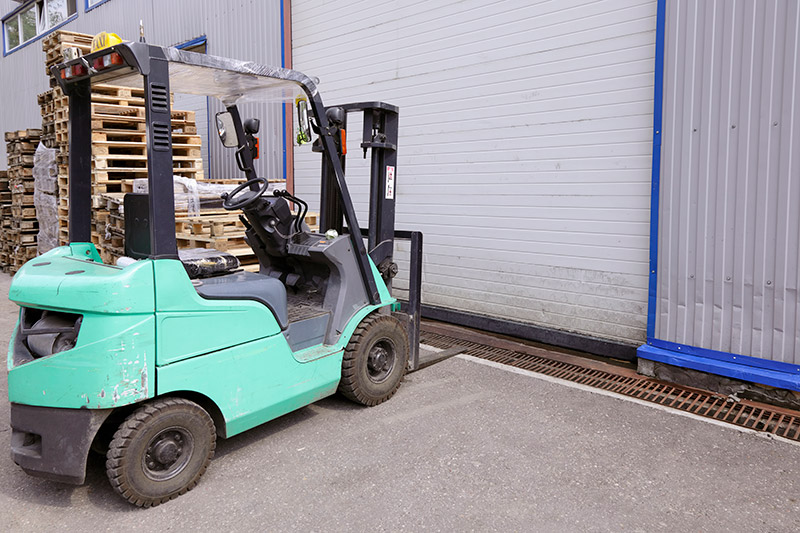As the demand for energy-efficient and low-maintenance solutions grows, electric pump integration in forklift systems is emerging as a game-changer in the material handling industry. Unlike traditional hydraulic pumps tied to the engine’s RPM, electric pumps operate independently, allowing them to deliver power precisely when needed. This flexibility enables forklifts to adjust power usage on the fly, cutting down on energy waste, lowering operational costs, and reducing wear on critical components.
Electric pumps bring immediate benefits, including reduced fuel consumption in internal combustion forklifts and extended battery life in electric models. By reducing mechanical connections, electric pumps streamline system design and improve reliability. Additionally, these pumps operate with minimal noise, creating a quieter, more comfortable working environment—especially valuable in indoor warehouse settings where noise reduction is essential.
The precision of electric pumps also supports greater control, leading to smoother, safer operation. For example, when lifting or maneuvering heavy loads, electric pumps can deliver exactly the right amount of hydraulic pressure, optimizing performance and stability. As more warehouses prioritize sustainability and productivity, electric pumps are fast becoming a standard in forklift systems, setting a new benchmark for efficiency in material handling.
